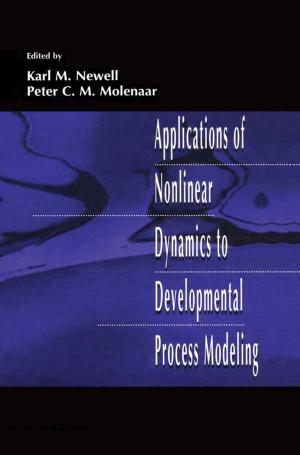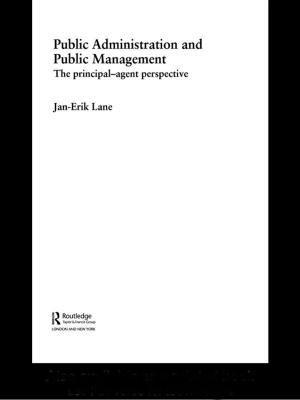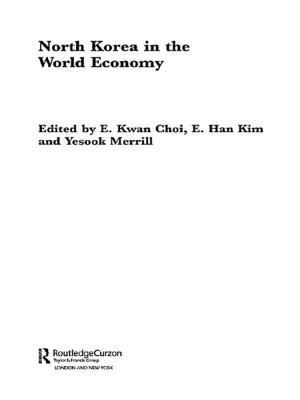Godfrey of Viterbo and his Readers
Imperial Tradition and Universal History in Late Medieval Europe
Nonfiction, Religion & Spirituality, Reference, History, Medieval| Author: | ISBN: | 9781317126270 | |
| Publisher: | Taylor and Francis | Publication: | March 9, 2016 |
| Imprint: | Routledge | Language: | English |
| Author: | |
| ISBN: | 9781317126270 |
| Publisher: | Taylor and Francis |
| Publication: | March 9, 2016 |
| Imprint: | Routledge |
| Language: | English |
This collection provides a systematic survey of the wide readership the works of Godfrey of Viterbo enjoyed in the late Middle Ages. In the last years of the twelfth century this chronicler and imperial notary wrote a series of historical collections that gained considerable and lasting popularity: between the thirteenth and fifteenth centuries, his works were copied in elaborate manuscripts in almost all of Latin Europe. This wide distribution is particularly surprising for an author like Godfrey whom modern historians have never credited with any importance at all, as they considered his works chaotic and historically unreliable. Yet Godfrey was certainly one of the most daring historiographers of his time. In his works, the lineage of the Hohenstaufen emperors Frederick Barbarossa and Henry VI is traced directly to Charlemagne and Augustus, to the kings of Troy and of the Old Testament, and to Jupiter and everyone who, in his view, wielded imperial power in the past. Godfrey was a herald of the new political ideas the Hohenstaufen developed after the years of defeat against the papacy and the Italian communes, but also a universal chronicler whose interests reached far beyond the political issues of his day. Bringing together a group of specialists on manuscripts and historical writing in late medieval England, Spain, Italy, Germany, Bohemia and Poland, this volume aims to revive Godfrey’s reputation by demonstrating how his works were understood by medieval readers.
This collection provides a systematic survey of the wide readership the works of Godfrey of Viterbo enjoyed in the late Middle Ages. In the last years of the twelfth century this chronicler and imperial notary wrote a series of historical collections that gained considerable and lasting popularity: between the thirteenth and fifteenth centuries, his works were copied in elaborate manuscripts in almost all of Latin Europe. This wide distribution is particularly surprising for an author like Godfrey whom modern historians have never credited with any importance at all, as they considered his works chaotic and historically unreliable. Yet Godfrey was certainly one of the most daring historiographers of his time. In his works, the lineage of the Hohenstaufen emperors Frederick Barbarossa and Henry VI is traced directly to Charlemagne and Augustus, to the kings of Troy and of the Old Testament, and to Jupiter and everyone who, in his view, wielded imperial power in the past. Godfrey was a herald of the new political ideas the Hohenstaufen developed after the years of defeat against the papacy and the Italian communes, but also a universal chronicler whose interests reached far beyond the political issues of his day. Bringing together a group of specialists on manuscripts and historical writing in late medieval England, Spain, Italy, Germany, Bohemia and Poland, this volume aims to revive Godfrey’s reputation by demonstrating how his works were understood by medieval readers.















